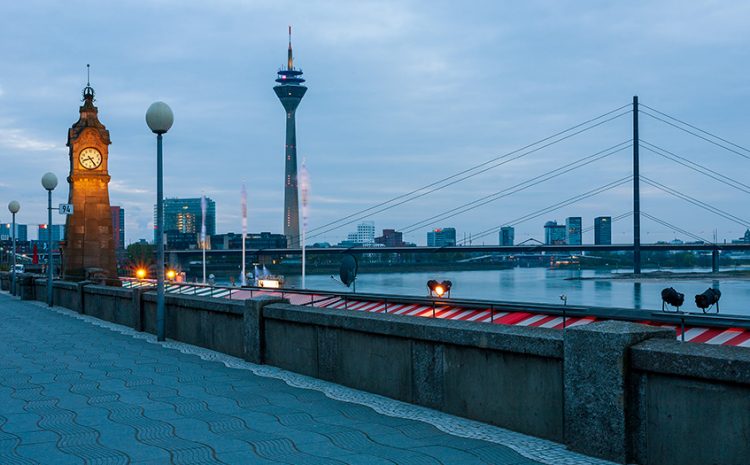
According to data from the German government, the average cost of houses and apartments fell by 9.9 percent compared to the previous year, marking a record decline since data collection began in 2000.
This sharp drop in real estate prices is particularly noticeable in major cities, including Berlin, Hamburg, and Munich, where property prices decreased by 9.8 percent or more. Individual homes and duplexes saw an even more substantial drop, with prices falling by 12.6 percent compared to the previous year. Several factors contribute to this significant decline in real estate prices.
Firstly, there has been a 31.5 percent decrease in the number of building permits issued in Germany in July, indicating a slowdown in real estate activity. Secondly, construction costs have risen by 9 percent compared to the previous year, making real estate less affordable for potential buyers.
This shift in the dynamics of the real estate market marks the end of a decade-long real estate boom, which was primarily driven by low-interest rates. This period witnessed rising property prices and increased market activity. However, the abrupt rise in interest rates and growing construction costs have led to a reverse trend and challenges in the market.
Importantly, these changes in the real estate market may have various economic implications for Germany as a whole. While lower real estate prices could increase affordability for young families and new buyers, potentially boosting demand for housing, it may also pose challenges for the construction industry and real estate-related businesses, as lower prices and increased construction costs could reduce project profitability.
In summary, the current real estate market dynamics in Germany have both positive and negative consequences, and its development will be closely monitored by numerous stakeholders.


